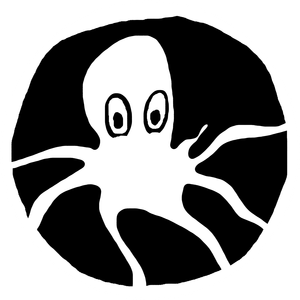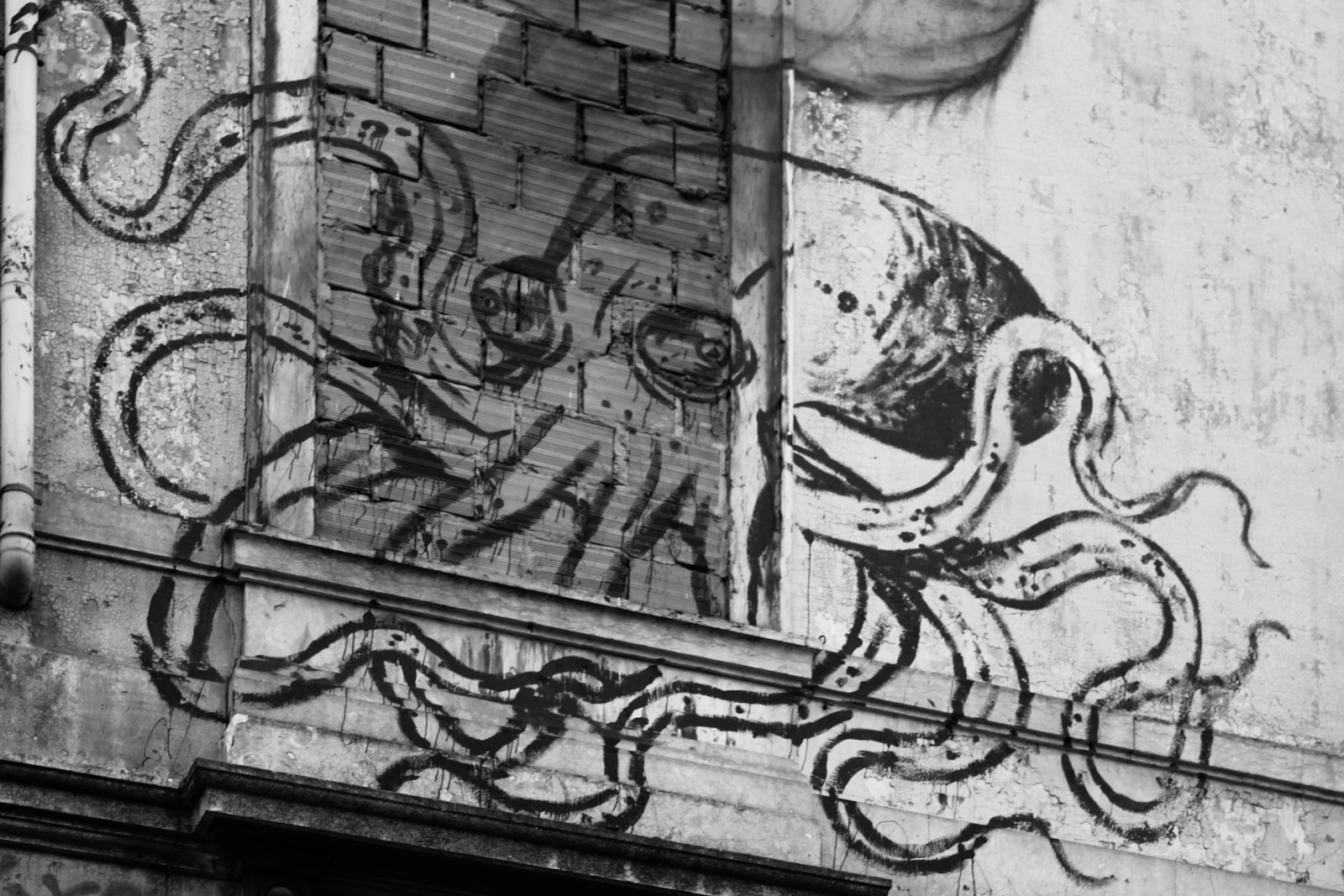Who are you and what is this?
Hi, I'm Nate, cocreator and editor of OCSPLORA.
I began OCSPLORA back in the first half of 2009 with the idea of a web and print magazine where I could talk about projects I was working on, promote and talk about the interesting things my friends were up to, and create a place to delve into the broader subject of creativity in essays and interviews.
The concept has evolved quite a lot since the beginning. OCSPLORA has gone through so many cycles of complication and simplification, I get a little dizzy thinking about it, but the premise is still to talk about the adventures of creative revolutionaries and what kinds of interesting things they are up to.
If there is a story about people being uncommonly creative, adventurous, and/or generous, we want to talk about it.
What is the purpose of OCSPLORA?
'Challenge the status quo, conspire to bring about a more creative, adventurous and generous humanity, and in all things, celebrate the ways and mysteries of the universe and its Creator.'
The Legend of the Octopus Exploration Co.
How do you pronounce OCSPLORA?
OC-splor-uh.
Why is it called OCSPLORA?
The first name that I settled on for the magazine, with the help of some trusted friends, was The Creative Revolutionary's Handbook. At first I was happy with that, but I became less sure of it as time went on, especially when I couldn't figure out a domain name to use with it. Then the fascination with octopuses began.
I wanted something that sounded vintage, like something you would see on an adventure movie poster from the 50s: grandiose, over the top and slightly nonsensical. So I came up with the Octopus Exploration Company and asked those same trusted friends for feedback. My friend Eric said I should try mashing it into something shorter and that's how I ended up with OCSPLORA.
Why do you capitalize the whole word?
One day I started using OCSPLORA instead of Ocsplora, and I never went back. I like it because I feel like OCSPLORA, all capitalized, looks like something you would see painted on the side of a ship, or submarine, or stamped on a crate. Once again, that essence of classic adventure—cannot get enough.
Also, just about any word looks more beautiful in Futura, the font/typeface I use for the logo, in all caps and extra-bolded. Just ask Starbucks (d'oh!).
What is the Octopus Exploration Company?
The Octopus Exploration Co. is a name I still wanted to use after I ended up with the shorter OCSPLORA as the final name for the magazine. I invented The Legend of the OEC, which I still look at as a ‘vision story’ that gives direction to OCSPLORA’s future based on its made up past.
What's up with the octopus?
The octopus in OCSPLORA's logo is named Sketchy. I became fascinated with octopuses (not octopi) early on in the development of what would become OCSPLORA. Why? Because they are the ultimate Swiss Army knife of the animal kingdom.
- Some octopuses change their color and texture to blend in with their surroundings and become nearly invisible in a heartbeat.
- They have been known to unscrew the caps off of bottles.
- They can squeeze themselves through tiny openings.
- They have been known, according to the Wikipedia entry, to board fishing boats and open holds to eat crabs.
- Some carry shells around, using them as protective armor.
- Some are able to detach an arm and send it crawling off to draw a predator away.
- They can expel ink to confuse predators, and some can even create a decoy with the ink cloud.
- Some can use their camouflage abilities to impersonate other sea creatures.
- And if that wasn't enough, octopuses have been known to eat whole sharks.
For all those reasons, and more, I decided the octopus was the perfect mascot to represent the kinds of people I was trying to reach out to and connect, creative revolutionaries, because they are intelligent, adaptable, resourceful, and you cannot contain them or limit them.
They will find a way.
'They often escape even from supposedly secure tanks, due to their problem-solving skills, mobility and lack of rigid structure.' (Wikipedia)

